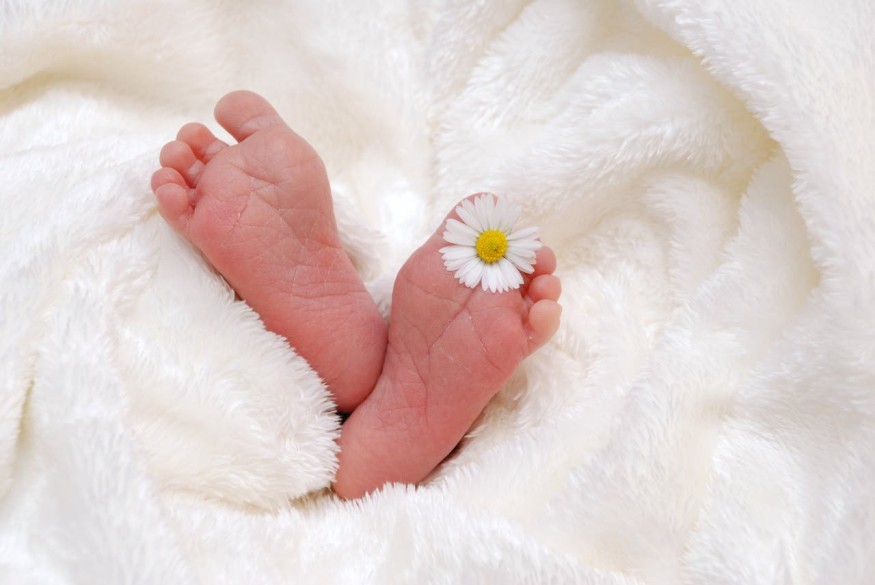
According to scientists, artificial womb human trials may gain approval this year and offer hope to the 15 million babies that are prematurely born in the US every year.
Artificial Womb For Premature Babies
The artificial womb was successfully tested by a team from the Children's Hospital of Philadelphia. More specifically, the artificial uterus was tested among preterm lambs. The hospital team made use of lambs in the tests since most human fetal development knowledge, such as developmental events and fetal circulation, was taken from the lambs. The birth of these lambs ranged from 106 to 113 days, which is biologically equivalent to a 23- to 24-week premature birth for human infants.
The team found that the animals were able to open their eyes, have higher activity, and have normal movements for breathing and swallowing while they were inside the sac.
The primary reason why half of preterm babies are not able to survive is due to the undevelopment of their lungs because of premature birth. These babies may experience difficulties in the transition from breathing within the amniotic fluid to air breathing.
As the majority of premature babies deal with difficulties due to lung immaturity, the artificial womb functions in such a way that it tries to replicate the environment of the baby prior to birth.
It mainly functions in two ways. It connects the umbilical cord of the fetus to an oxygenator that circulates blood and places it within a fluid sack. This mimics the womb and allows the fetus to regularly breathe and swallow the amniotic fluid the same way in uterine development.
The researchers were able to conduct 300 successful tests. They found that the animals had stable nutrition and regular brain development. Liver tests were also found to be positive.
They further note that the animals exhibited increased or normal movement, intermittent breathing and swallowing, sleep-wake cycles, and generally appeared to be non-distressed and comfortable.
With this, the Food and Drug Administration (FDA) has discussed with experts the steps for the artificial womb, known as EXTEND, to see human trials. The decision regarding this vital move could be announced later this year, in 2024.
Alan Flake, one of the developers of EXTEND, also clarified that the artificial womb was not designed to entirely replace pregnancy.
Premature Birth
A premature birth refers to when a baby is born too early. More specifically, in such a case, the baby's birth happens prior to the 37th week of pregnancy. Typically, a pregnancy reaches roughly 40 weeks.
Babies who are prematurely born may experience serious health concerns, especially when their birth comes notably earlier. The issues they may face could vary. These babies may experience breathing problems, heart problems, brain problems, temperature control problems, digestive problems, metabolism problems, blood problems, and immune system problems in the short term. In the long run, they could also have learning difficulties, vision problems, cerebral palsy, hearing issues, dental problems, mental health and behavioral problems, and other ongoing health issues.
RELATED ARTICLE : Lab-Grown Babies? Growing Humans From Scratch Could Be Possible in Half a Decade, Japanese Scientists Claim
Check out more news and information on Medicine & Health in Science Times.
© 2025 ScienceTimes.com All rights reserved. Do not reproduce without permission. The window to the world of Science Times.










